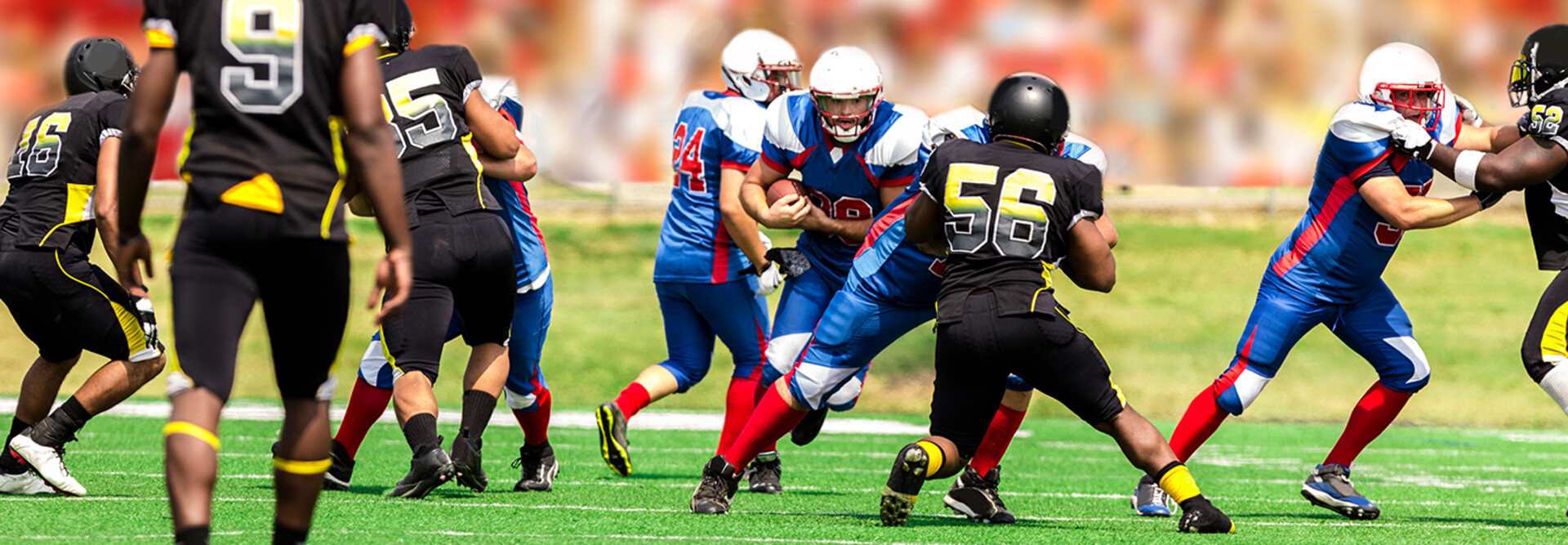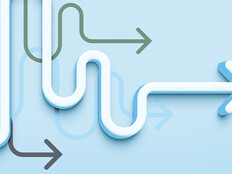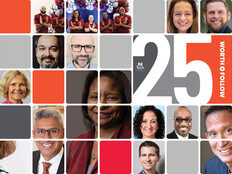AI for Improving Communication and Off-the-Field Performance
The responsibilities of college coaches and athletic directors extend well beyond the games themselves. Even with the arrival of NIL, student-athletes are still students first, and they need to stay on top of their studies, nutrition, exercise, team activities and everything else that goes into running a successful program.
Those efforts are challenged even further because today’s student-athletes are part of “The COVID Cohort,” the group of students whose lives were upended during the COVID-19 pandemic and who learned largely remotely during that period.
The isolation and teaching challenges inherent to remote learning caused students to fall behind academically and, perhaps more important, socially. The soft skills of today’s college students were no doubt impacted by that period of isolation, and it’s made communicating with 18- to 22-year-olds even more difficult than it already was.
On the flip side, today’s college students are more comfortable using technology to learn and communicate than any prior generation. They live on their phones, tablets and laptops, and college coaches who successfully connect with student-athletes are the ones who are able to meet them where they are.
AI helps make this possible. Using agentic AI such as chatbots allows students to communicate in the way they want to communicate. They don’t have to pick up the phone, they don’t have to be limited to certain office hours, and they don’t have to worry about the judgement or frustration that a human might show.
That agentic AI can do more than just answering questions. It can weave together the various apps and responsibilities student-athletes have into one central repository. Student-athletes can use agentic AI to monitor their daily nutrition, get help with their classwork, monitor their schedule, log in to the university’s learning management system, check their degree progress, access university resources, review the playbook, watch film and whatever else might be on their plate. Coaches can monitor this from their end, helping to nip problems in the bud before they spin into something bigger.
Working with a partner such as CDW and its large portfolio of vendors allows athletic departments to build custom AI solutions tailored to various teams’ needs. CDW’s Mastering Operational AI Transformation program was created for exactly this purpose: to learn what universities want and use AI to give it to them.
AI Can Create Recruiting Efficiencies and Analyze Video in Real Time
Of course, AI can help coaches and athletic directors achieve that all-important goal on the field as well. Winning in college sports means maximizing available resources — both financial and human — and finding every little edge against your opponent.
That’s why coaches and their student-athletes spend hours watching film of their competitors, and coaching staffs pore over hours of prospect tapes on the recruiting trail.
AI allows colleges to do both of those more efficiently.
Video analysis through AI is already widely used in physical security settings, from face recognition software to weapon detection. In sports, AI trained on watching film can spot the things coaches are looking for in an instant. This can save coaches the all-nighters they typically pull to gather that information.
These solutions can be customized to the team as well, so if a coach has a particular archetype they’re looking for in a recruit, AI can scout for that person on publicly available film. It can also cut game tape into easy-to-search sections based on play type, the players involved or whatever else a coach desires.
UP NEXT: See how artificial intelligence-driven analytics help one university manage stadium crowds.
This article is part of EdTech: Focus on Higher Education’s UniversITy blog series featuring analysis and recommendations from CDW experts.












